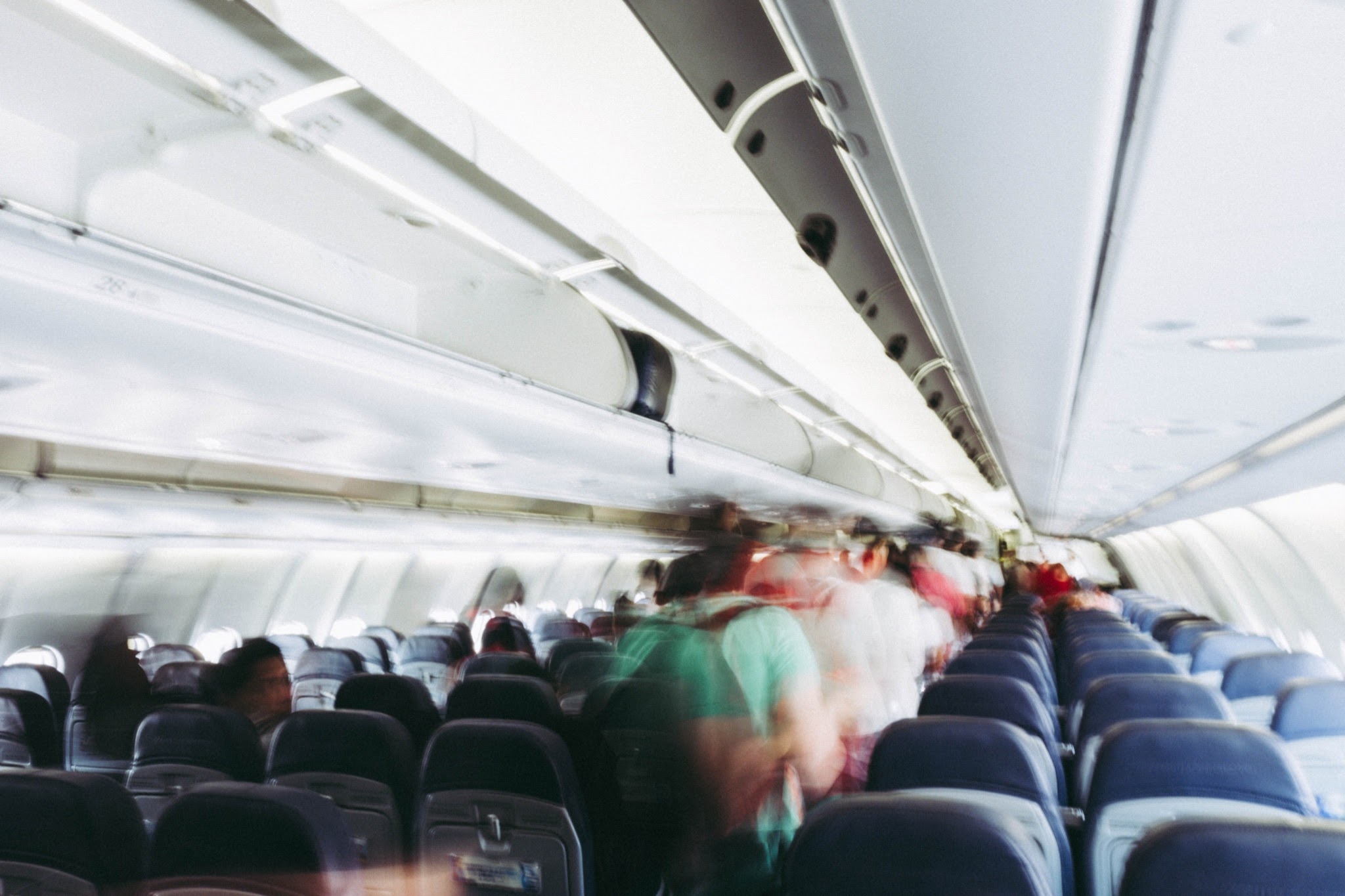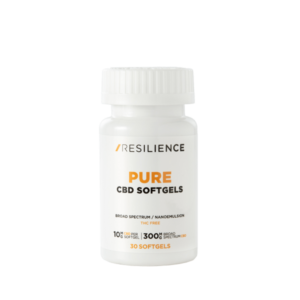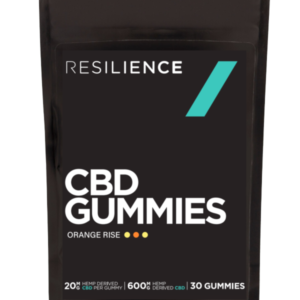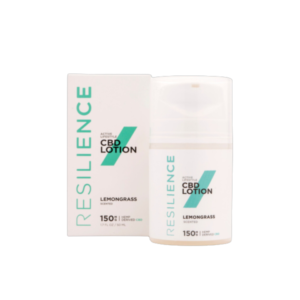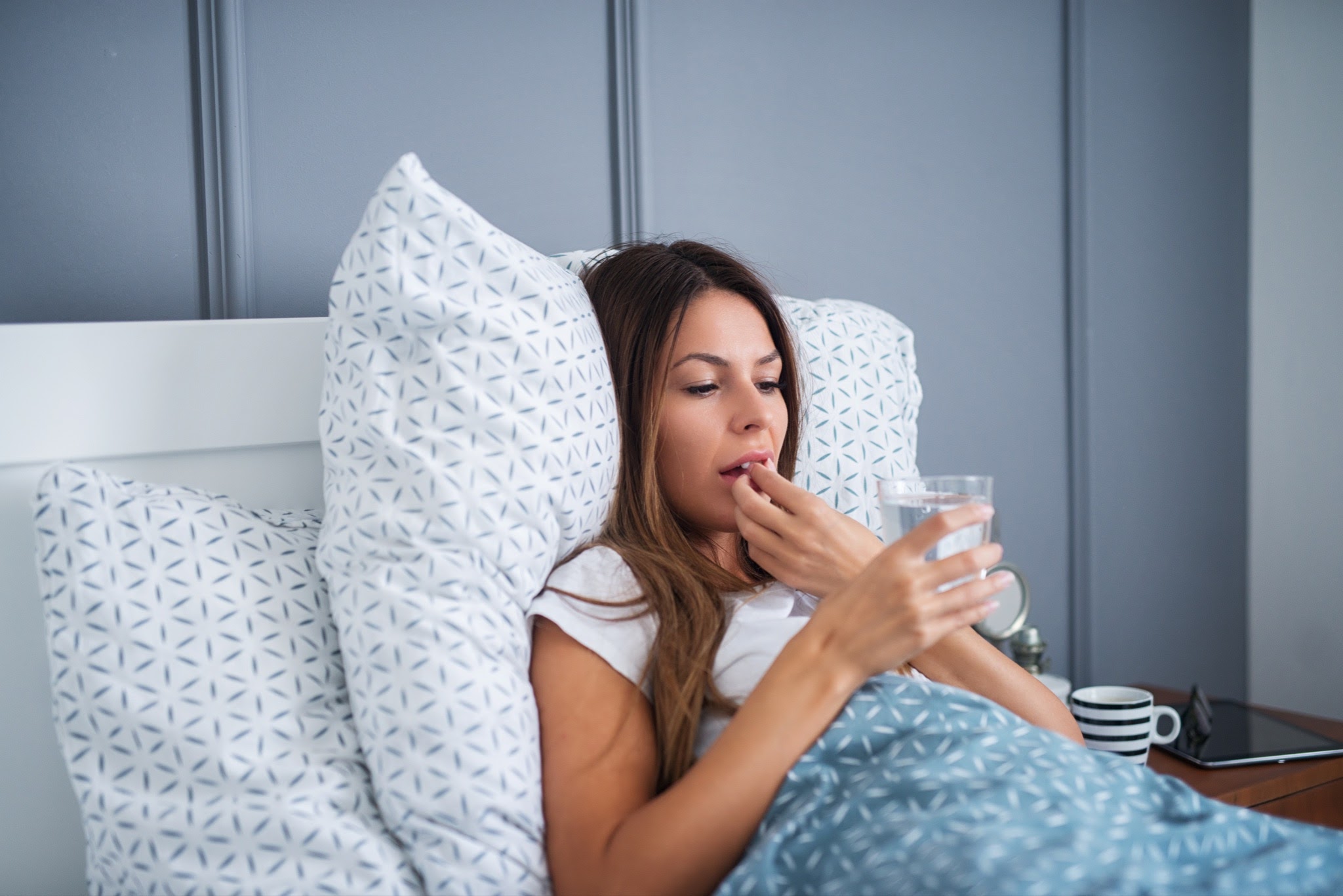
CBD and melatonin—one, a plant extract, and the other, a naturally occurring hormone within the body, respectively—are two of the top contenders when it comes to promoting better sleep quality.
While we don’t mean to pit these two bedtime allies against each other, it is beneficial to examine their differences when it comes to looking after your body and mind at night.
In this match-up, you’ll learn more about CBD and melatonin, where they come from, and how they could be key players in obtaining higher quality sleep. Plus, we’ve included a few best practices regarding sleep hygiene that you can start putting into action today.
An Overview of CBD and Melatonin
According to the American Sleep Apnea Association, 70% of adults claim to experience sleep problems at least one night each month. So, if drifting off into dreamland isn’t your forte, you’re not alone.
The question is: CBD or melatonin for sleep—which is better? While you’ll want to consult with your doctor to help you decide which one may be right for you, follow along closely for an overview of the two so that you can expand your knowledge regarding the benefits of each.
What is CBD?
A naturally occurring chemical compound in the hemp plant, cannabidiol (CBD) is a key ingredient in the use of medical marijuana.
However, because CBD does not have any of the psychoactive effects of its THC counterpart, many people may find CBD products to be an appealing option when managing things like stress, panic, sleeplessness, and sore muscles and joints after a hard day at the gym. CBD can be consumed in a variety of ways, including:
- CBD softgels
- CBD gummy bears, chocolates, or cookies
- CBD Bath bombs
- CBD topical creams
- CBD tinctures
So, what is the best way to take CBD for sleep? The effects of CBD can be experienced differently depending on one’s preferred method of consumption. Edible CBD candies and oral capsules, for example, tend to take effect about an hour or so after ingestion. In contrast, inhalation or CBD tincture oils administered beneath the tongue may impact the body within 20 minutes or less.
Benefits of CBD for Sleep
Whether or not CBD is a viable option for those struggling with falling asleep is still being researched. However, thus far, studies have produced favorable results. In fact, one study reported in the Journal of Pharmacology showed that rats that were given CBD experienced higher levels of sleep than those that were not.
Plus, given that CBD may be effective in managing feelings of worry and restlessness, it puts sleepers in the right mindset to be able to relax and unwind more easily before bedtime. With CBD, sleepers may be able to achieve a more restful sleep to prepare for the day to come—whether it’s an extra grueling workout or a day of presentations at work.
Before turning down the covers and resting your head on the pillow, take a look at some of the ways CBD can be advantageous to your overall wellness:
- It’s made with natural ingredients – CBD is made with natural ingredients, making it ideal for those who prioritize their health and the use of plant-based versus synthetically manufactured supplements.
- It comes in many forms – Diverse forms of consumption add to the appeal of CBD use at bedtime. Whether you add a few drops to a cup of tea or inhale it via a vaporizer, users have the freedom to choose their preferred method.
- It’s non-psychoactive – Because it does not contain any detectable traces of THC, CBD users can extract all the benefits without feeling intoxicated.
- It’s non-addictive – CBD is a non-addictive substance, so you can use it as much or as little as you want without worrying about developing an unhealthy dependency.
What is Melatonin?
Like dopamine and oxytocin, melatonin is a hormone produced by the pineal glands in an area of the brain that controls your circadian rhythms.
Triggered by darkness, melatonin is what should occur naturally in our bodies to signal that it’s time for bed. However, when factors such as older age and bright light from things like laptops and phones come into play, they may end up disrupting the production of this bedtime hormone, making it more challenging to get the amount of sleep you need.
Fortunately, for those experiencing melatonin deficiency, there are ways of supplementing it to help you doze off more easily at night. Supplements may come in a variety of over-the-counter forms including pill capsules, lozenges, gummies, tinctures, and powders.
Benefits of Melatonin for Sleep
If your body doesn’t seem to be producing an adequate amount of melatonin at night, it may be time to consider adding more of it to your diet.
For optimal sleep, Johns Hopkins sleep expert Luis F. Buenaver, Ph.D., C.B.S.M recommends taking one to three milligrams of melatonin supplement about two hours before retiring for the night. He also suggests monitoring your sleep for at least a week or two after starting the supplements to see how your slumber is affected, if it all.
Those considering supplementing their diet with melatonin may enjoy a few benefits, including:
- Saying farewell to jet lag – Taking melatonin can help with the prevention or management of sleeplessness due to jet lag.
- Finding supplements with ease – It’s very easy to find melatonin supplements in various forms, including natural melatonin (derived from the pineal gland of animals) and synthetic melatonin.
- Seeing more clearly – In addition to more restful sleep, those taking a melatonin supplement may also find that it promotes overall eye health and retinal functions.
Healthy Habits for Sound Sleep
If bedtime feels like a constant struggle, taking CBD or melatonin supplements may not be the only way of addressing the issue. Rather, they can be used in conjunction with other sleep hygiene practices for a well-balanced routine that covers all of the necessary bases.
Whether it’s committing to regular exercise or keeping a strict bedtime routine, there are a number of ways to ensure the journey from wakefulness to dreamland goes smoothly:
- Prioritize adequate sleep – Exact sleep needs may vary from person to person but aiming for seven to eight hours per night tends to be the general rule of thumb. Consider how early you’ll need to be up on most days and set a bedtime that allows for enough hours of sleep.
- Eat a balanced diet – Again, everybody’s needs are different but be sure to prioritize eating a well-rounded diet that’s appropriate for you. Keep in mind that eating too close to bedtime may have a negative impact on the quality of your sleep. Instead, give your body plenty of time to digest between mealtime and bedtime. Since it could take up to four hours for your stomach to fully empty, experts recommend eating your last meal of the day three or four hours before your bedtime.
- Keep a strict bedtime routine – Although your schedule may vary throughout the day, do your best to be consistent with the time you go to bed and wake up each day. Committing to consistent sleep patterns even on less-structured weekend days may be helpful when it comes to maintaining your routine throughout the week.
- Limit screen time – In a world where many of us are glued to our phones, laptops, and tablets, make a point to put them away at least 30 minutes before it’s time for bed. Whether it’s the bright light that inhibits your body’s production of melatonin or a social media post that triggers feelings of worry or stress, it’s best to encourage a restful fall into sleep by putting the phones and tablets away at night.
- Exercise regularly – Aside from contributing positively to your physical health, regular exercise is a mood stabilizer that could later be helpful when it comes time to snooze. Find a physical activity that you enjoy doing and set an exercise routine that you can commit to at least a few times each week. Additionally, you may consider a relaxing bedtime activity such as yoga or meditation to help ease the transition into sleep.
- Maintain a high-quality sleep environment – Especially when it comes time to call it a night, use your bedroom as a tool to aid relaxation. Do your best to create dim lighting and minimize outside noise. Use blackout curtains on your windows to obstruct bothersome nighttime or morning light, and use a fan or a white noise machine if sounds tend to disturb your slumber.
End the Bedtime Battle with Resilience CBD
Both CBD and melatonin can help you relax more easily into a deeper and more restful sleep. Once you’ve chosen your team, whether it’s Team CBD or Team Melatonin, it’s time to take action to triumph over sleeplessness.
After all, we want the real winner at the end of the day to be a more well-rested and revitalized you.
If you decide to tag team with CBD, put your sleep health in the hands of Resilience CBD.
With several CBD products including CBD tinctures, CBD gummies, CBD capsules, and more, you can make bedtime full of calm and free from worry. Plus, you can use our bath bombs and topical creams to relax your muscles and soothe sore joints to make sure aches and pains aren’t keeping you from dozing off at night.
Made with natural, organically grown hemp extract, we care not only about making a good CBD product but making sure it’s good for you so you can take on the next day with strength and confidence.
Champion your nightly routine with Resilience CBD.
 Michael Tatz | Linkedin
Michael Tatz | Linkedin
Michael Tatz is the Co-Founder of Resilience CBD, and a passionate leader in the health & fitness world helping others rise to and crush their wildest goals. A former Division 1 college wrestler, Army Officer, and investment manager at Goldman Sachs, he has pushed his body and mind to the limits on the mats, dressed in camo, and in the boardroom.
Today, he spends his time leading Resilience CBD to develop the absolute best recovery products for athletes everywhere. Resilience was founded after CBD personally impacted Michael’s life, and the brand was built to partner with everyday athletes in pursuit of conquering their most difficult challenges, rebounding after their toughest performances, and rising to their goals that once seemed impossible.
Sources:
Start Sleeping. CBD Dosage Guide: How Much Should You Take? https://startsleeping.org/cbd-dosage/#dosage
JCEM. Exposure to Room Light before Bedtime Suppresses Melatonin Onset and Shortens Melatonin Duration in Humans. https://www.ncbi.nlm.nih.gov/pmc/articles/PMC3047226/
NIH. Gastric emptying scintigraphy: is four hours necessary?. https://pubmed.ncbi.nlm.nih.gov/21959322/
Johns Hopkins. Melatonin for Sleep: Does It Work?. https://www.hopkinsmedicine.org/health/wellness-and-prevention/melatonin-for-sleep-does-it-work
American Academy of Family Physicians. Melatonin. https://familydoctor.org/melatonin/
NIH. Melatonin: An Underappreciated Player in Retinal Physiology and Pathophysiology. https://www.ncbi.nlm.nih.gov/pmc/articles/PMC3462291/
ASAA. The State of Sleep Health in America. https://www.sleephealth.org/sleep-health/the-state-of-sleephealth-in-america/



